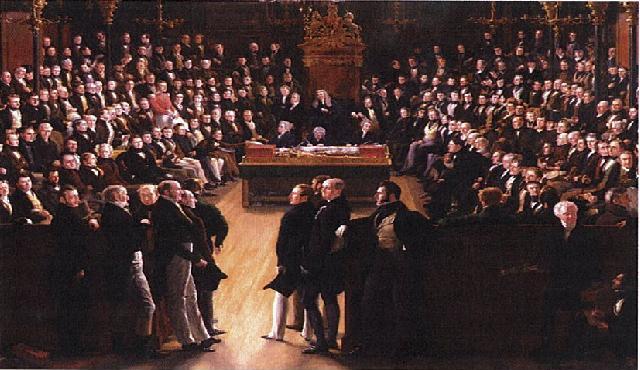The distinction between reform and revolution lies in the methods they employ to achieve their desired outcomes. Throughout history, there have been numerous cases of both reforms and revolutions that have aimed to change the power structures within societies. A reform can be seen as an instance where changes are made to the existing power structure; it does not overthrow a government entirely but works within the existing framework. In contrast, a revolution wholly rejects the current power structure in favor of a new one, disrupting the status quo by adopting drastic measures. The French Revolution serves as an example of this. Unlike revolutions, reforms tend to be slower-paced and bring about moderate changes. This article will explore the differences between reforms and revolutions.
What is a Reform?
A reform can be defined as an improvement made by altering existing conditions, including modifications to laws, practices, and policies, without overthrowing a government completely. Reforms typically do not involve creating drastic changes. In a reform, a country’s power structure remains the same, even though modifications may be made with the goal of increasing stability. Reforms can be introduced to address pressing social issues such as poverty, homelessness, and drug use. While some reforms can bring about positive changes in society, others may be ineffective or even exacerbate the situation.
What is a Revolution?
A revolution can be defined as the forceful overthrow of a government in favor of a new system. Unlike a reform, a revolution involves making drastic changes and completely toppling the existing power structure. It does not operate at a moderate pace and is not peaceful. A revolution works towards the destruction of the status quo.
Key Takeaways
- A reform involves making changes to the existing power structure to improve it, while a revolution completely rejects the current power structure in favor of a new one.
- In a reform, changes are typically not drastic and can be reversed, whereas in a revolution, changes are always radical.
- A reform works towards the stability of the existing order and aims to eradicate pressing social issues, while a revolution works against the existing order with the intention of bringing about a total change in the structure.
